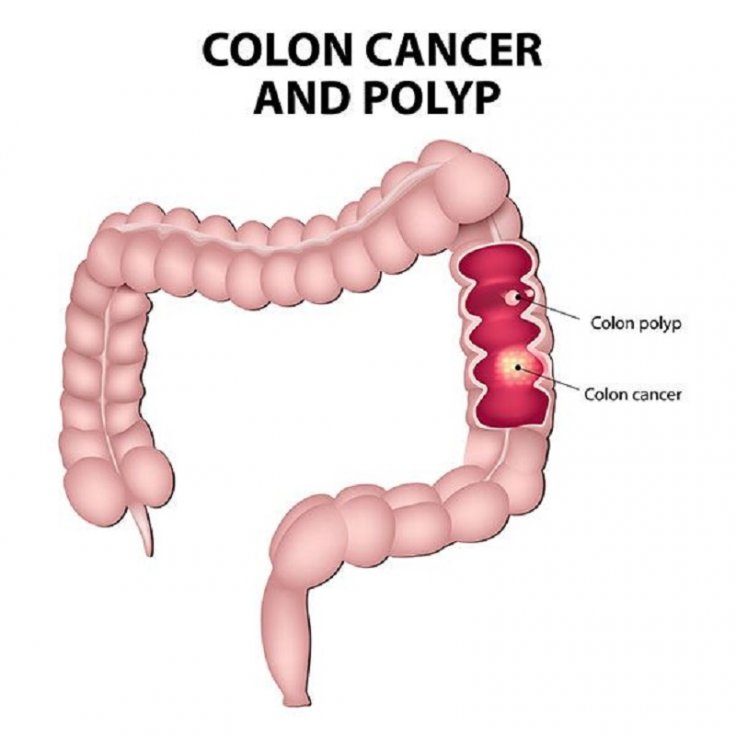The role of coffee in promoting good health has been debated, especially when it comes to providing benefits to those struggling with diseases such as cancer. However, a new study has found that in patients with metastatic colorectal cancer, consumption of a few cups of the beverage was linked to increased survival and lower risk of the disease worsening.
Results of the study led by researchers from the Dana-Farber Cancer Institute are consistent with the findings from earlier studies that have shown an association between regular consumption of coffee and positive outcomes in patients ailing from non-metastatic colorectal cancer.
"Although it is premature to recommend a high intake of coffee as a potential treatment for colorectal cancer, our study suggests that drinking coffee is not harmful and may potentially be beneficial," said Dr. Kimmie Ng, senior author of the study, in a statement.
More the Consumption of Coffee, More the Benefits

In 1,171 patients receiving treatment for metastatic colorectal cancer, the authors found that those who reported consumption of two to three cups of coffee daily, had an increased likeliness of living longer overall, and had a longer duration before the disease worsened when compared those who did not drink coffee.
Among participants who consumed larger amounts of coffee—over four cups daily—had a much greater benefit in the said measures. Both caffeinated and decaffeinated coffee offered the described benefits. "It's known that several compounds in coffee have antioxidant, anti-inflammatory, and other properties that may be active against cancer," said Chen Yuan, co-first author of the study
Exploring the Association
The current research relied on data from the Alliance/SWOG 80405 study—a phase III clinical trial that compares the inclusion of the medications bevacizumab and/or cetuximab within standard chemotherapy. Patients with earlier untreated metastatic or locally advanced colorectal cancer formed a part of the trial.

Participants of the trial were required to report their dietary intake on a questionnaire during enrolment, which also included daily consumption of coffee. This data was correlated by the authors with information on the progress of the cancer post-treatment.
Interestingly, it was found that among participants who consumed two to three cups of coffee daily, there was a reduced hazard (a measure of risk) for death and progression of cancer as against those who did not drink coffee. Consumption of over four cups had a much larger benefit.
"This study adds to the large body of literature supporting the importance of diet and other modifiable factors in the treatment of patients with colorectal cancer," highlighted Dr. Ng. She stated that further research was necessary to determine the prevalence of a casual association between improved outcome and coffee drinking, especially the identification of the beneficial compounds giving rise to benefits.

Taking the Results with a Pinch of Salt
The study provided a basis for the researchers to cement a connection. However, it did not offer a cause-and-effect relationship between consumption of coffee and decreased risk of progression of cancer and death in participants of the research. Hence, the study provides no sufficient basis for recommending—at this juncture—people suffering from advanced or metastatic colorectal cancer to begin drinking coffee on a regular basis or increase their intake of the brewed drink, the researchers said.
However, Yuan added, "Epidemiological studies have found that higher coffee intake was associated with improved survival in patients with stage 3 colon cancer, but the relationship between coffee consumption and survival in patients with metastatic forms of the disease hasn't been known."









